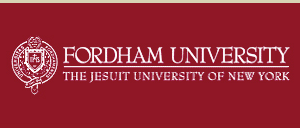Abstract
From 1890 to 1920 higher education witnessed a marked increase in female matriculation among select East Coast institutions. This paper explores the personal narratives of these pioneering women to illustrate how societal forces strongly influenced these women’s college experiences. Existing discourse emphasizes the difficulties female university students faced as they tried to pursue both careers and families. Scholars claim that an unusual number of college-educated women did not marry or married at a later age. This paper examines first-hand perspectives drawn from the Barnard College Archives to supplement current secondary data. Alumnae biographical questionnaires reveal how women reconciled opportunities with societal pressures. Compromises included socio-political activism as mediatory outlets for energy. Ultimately, while a college degree allowed women at the turn of the twentieth century to pursue a life with a career as the focal point, graduates became pulled between tradition and opportunity; a woman’s college education was seemingly incompatible with the female roles of the family unit.
Recommended Citation
Prevete, Jennifer FCRH '12
(2013)
"‘Maybe It Was Too Much to Expect in Those Days’: The Changing Lifestyles of Barnard’s First Female Students,"
The Fordham Undergraduate Research Journal: Vol. 2:
Iss.
1, Article 1.
Available at:
https://research.library.fordham.edu/furj/vol2/iss1/1
Included in
American Studies Commons, History of Gender Commons, Women's History Commons, Women's Studies Commons
